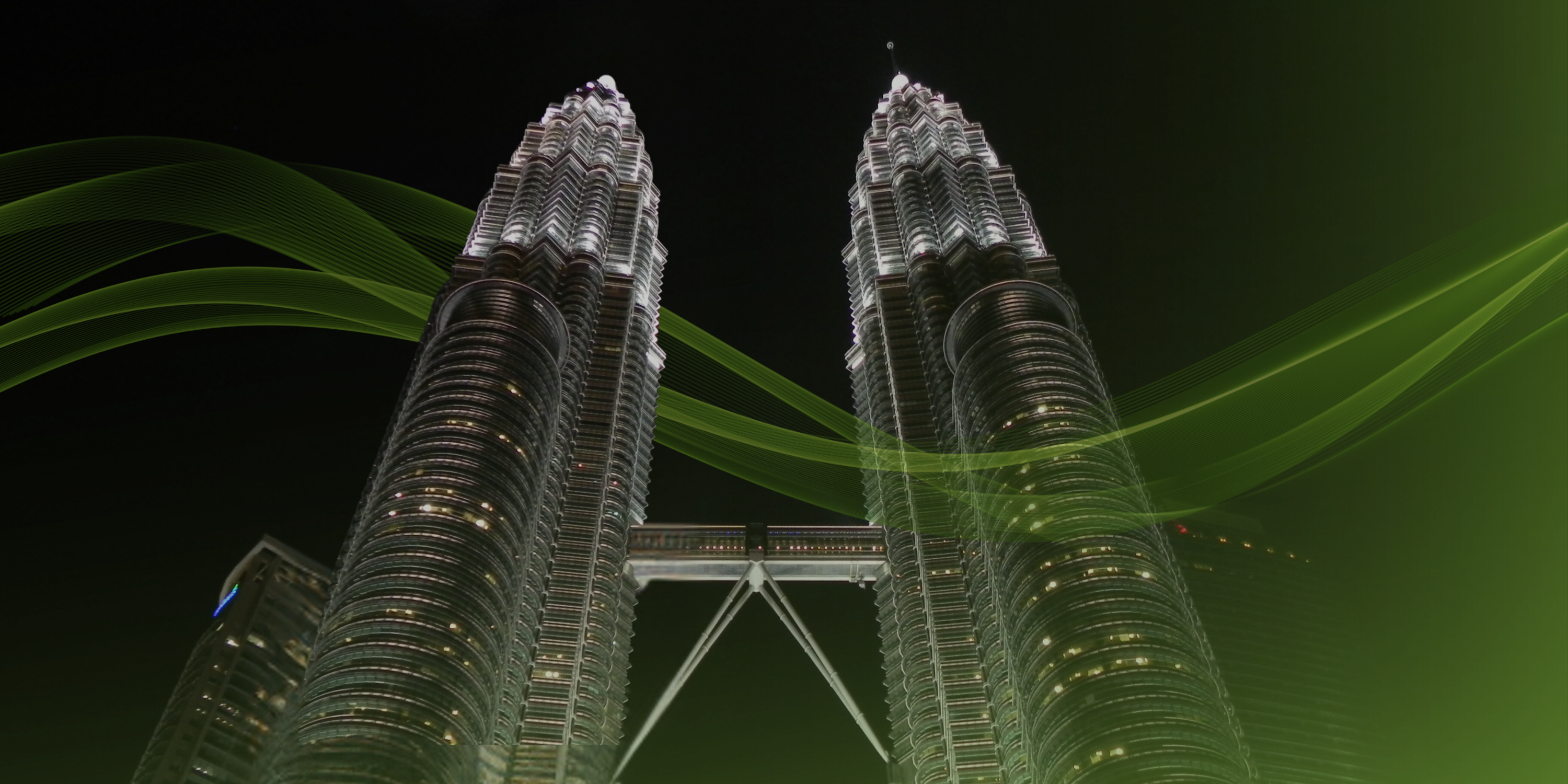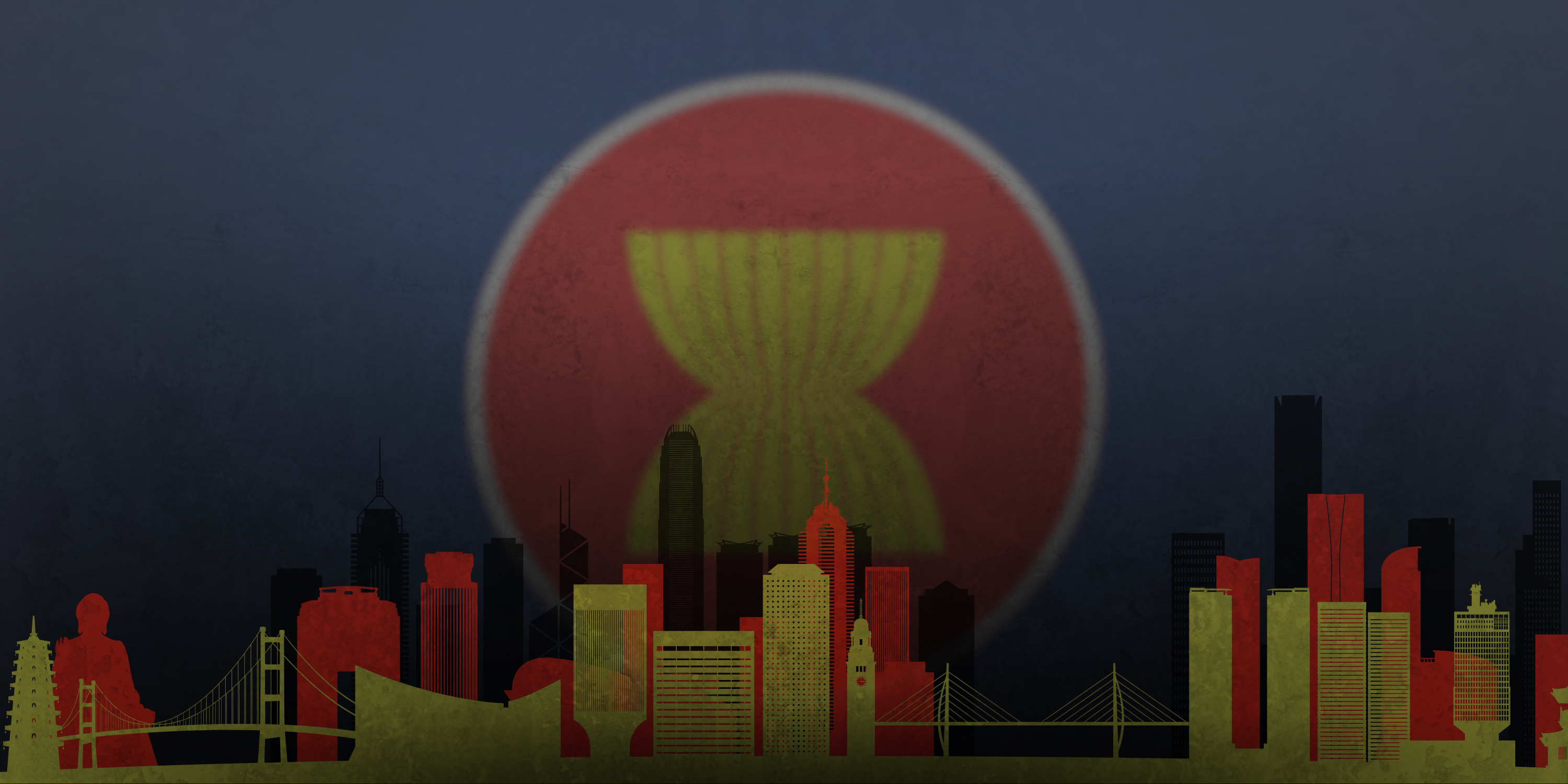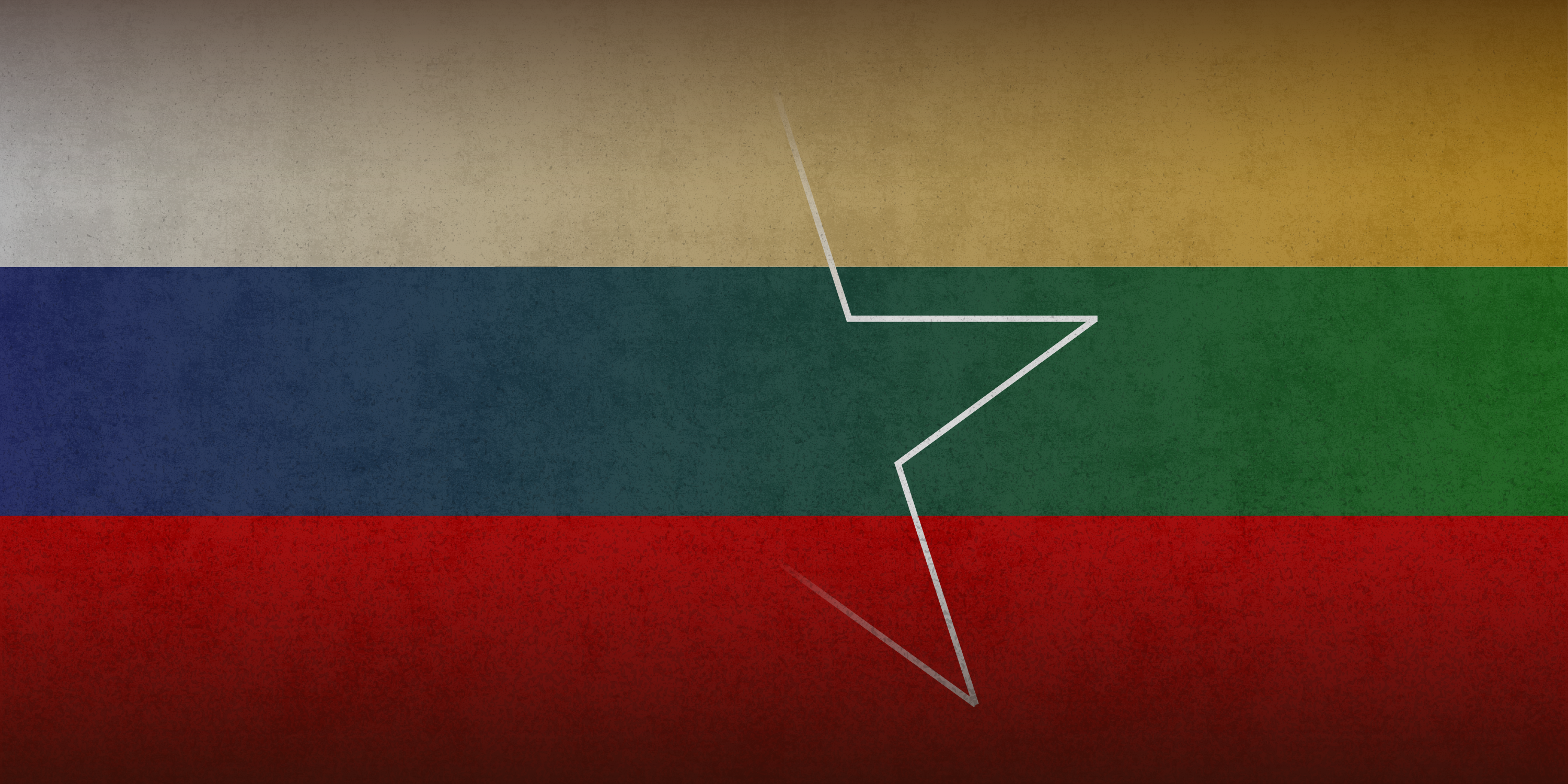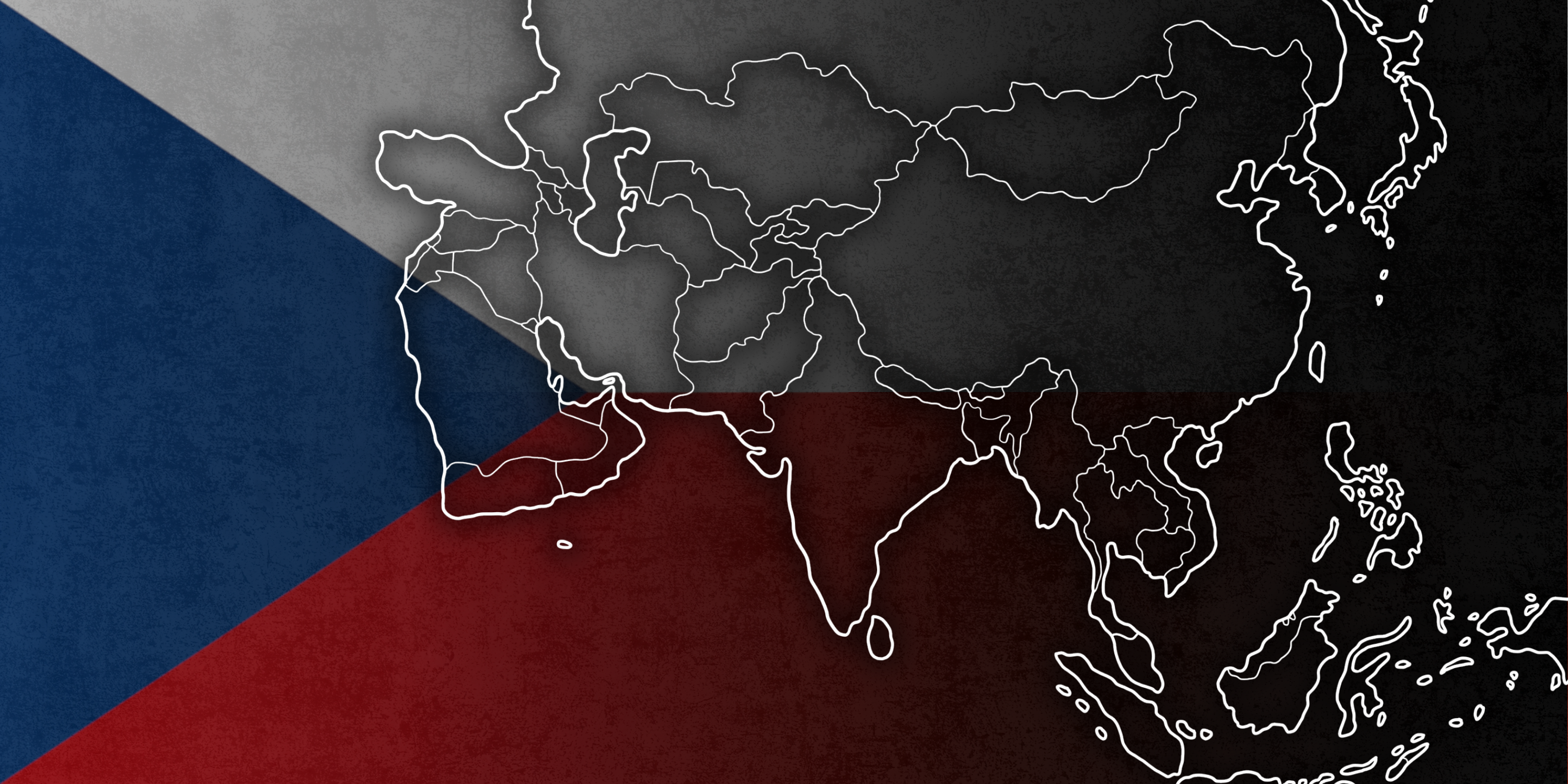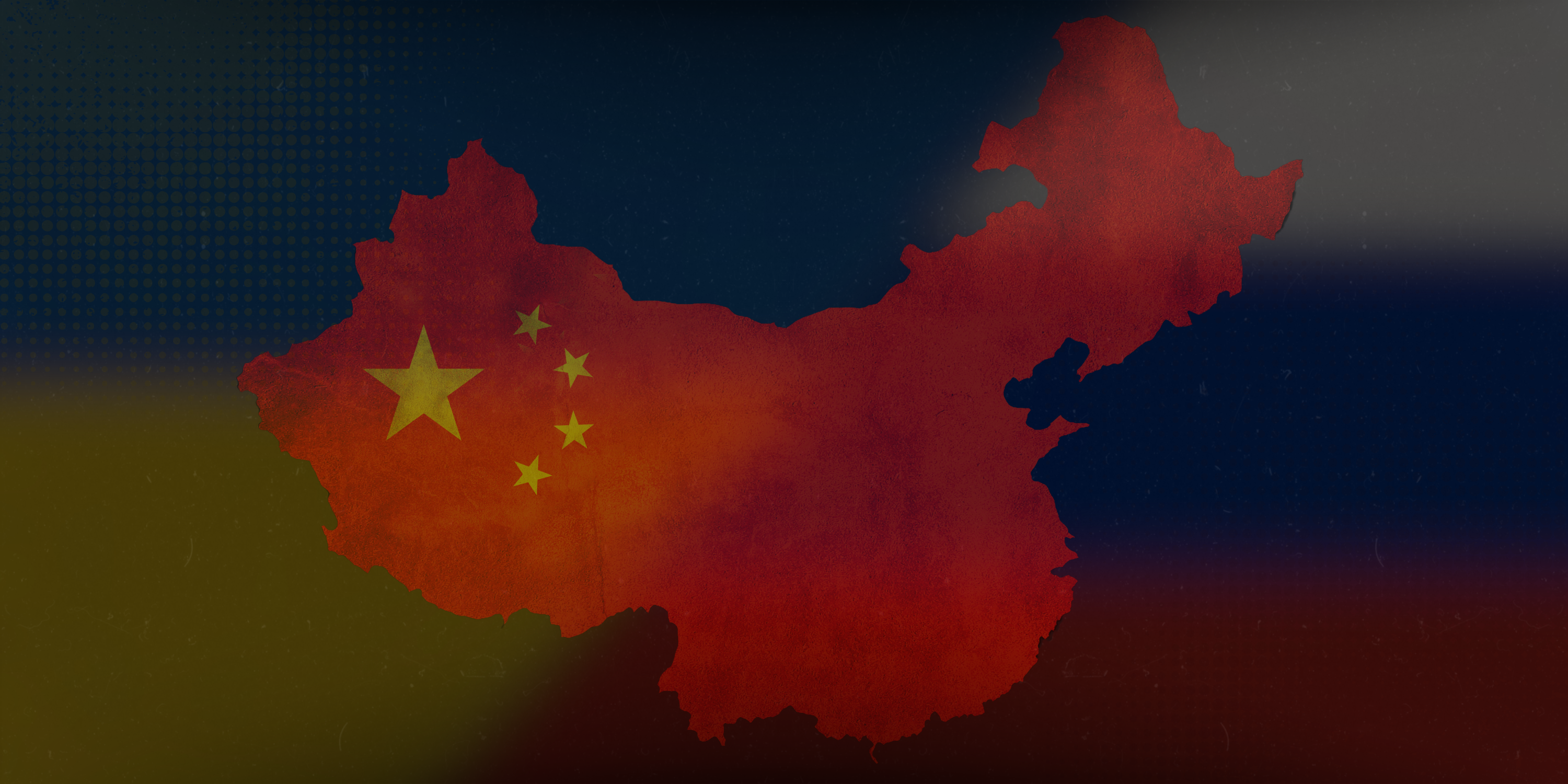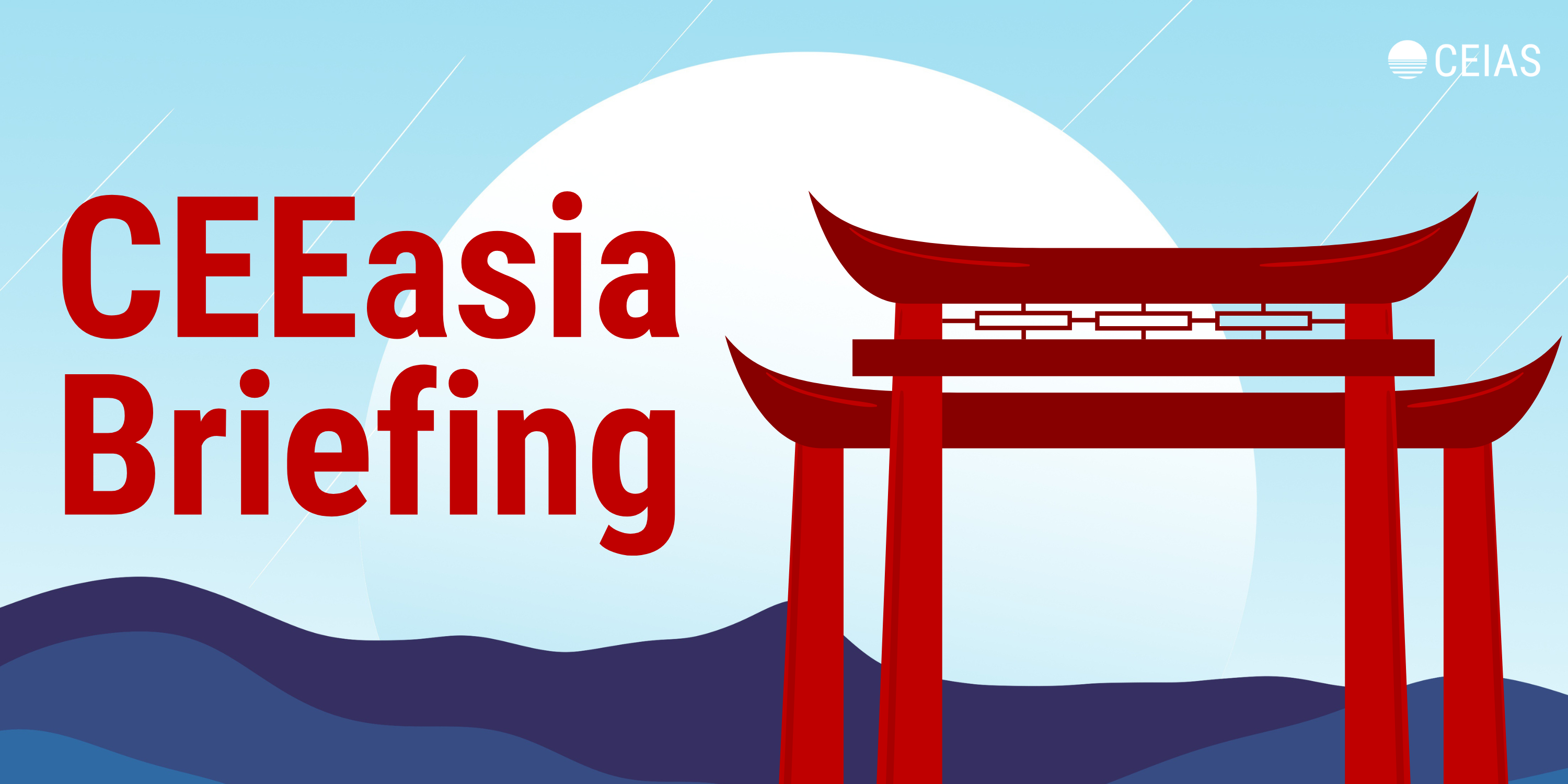The rise of the Islamic “green wave” and persistent Bumiputera policies risk deepening Malaysia’s domestic divisions, as tensions grow between Islamization and the country’s multicultural, secular foundations.
Key takeaways:
-
Malaysia’s long-held balance between its Muslim identity and its diverse, multi-ethnic and multi-religious population is under threat from the rise of Islamic political parties.
-
The 1MDB corruption scandal and the subsequent political backlash against UMNO have contributed to Malaysians’ disillusionment with the establishment and a growing shift towards political conservatism.
-
Survey data illuminates a complicated political landscape with Malay-Muslim voters supporting greater Islamization while also displaying a preference for democratic values.
Malaysia’s political landscape has undergone significant transformation in recent years, marked by the rise of Islamic-oriented parties in what has been dubbed the “green wave”. This surge in support for Islamic political parties is shaped by Malaysia’s history, recent political developments, and widespread public frustration over corruption. The country now faces the risk of entrenched bipolar politics, a trend seen across the West, where politics is becoming divided between hardline right- and left-wing ideologies. Amid the complex interplay of religion, ethnicity, and politics, the growing support for Islamic-oriented parties threatens Malaysia’s delicate balance between its Muslim majority and its diverse minority populations. Electoral outcomes and public opinion surveys reveal a tension between the forces of Islamization and Malaysians’ pride in their country’s multiculturalism. Discontent among rural communities and Indigenous groups underscores that further prioritization of the Malay-Muslim majority could have adverse effects on vulnerable groups and threaten national cohesion.
In the 2023 state elections, the National Alliance (Perikatan Nasional, or PN)—a five-party coalition that includes the Pan-Malaysian Islamic Party (Parti Islam Se Malaysia, or PAS) and the Malaysian United Indigenous Party (Parti Pribumi Bersatu Malaysia, or BERSATU)—achieved an unexpected victory, winning 146 of the 245 contested State Legislative Assembly seats. This dramatic rise of Islamic-oriented parties ignited intense debate about the future direction of Malaysian politics and society. Moreover, the success of PN and its allies raises critical questions about the true motivations of both party leaders and their supporters. These electoral results may reflect a growing conservatism among Malaysian voters and a genuine desire for greater Islamization and the implementation of Sharia, the Islamic religious law. However, the shift could also stem from widespread disillusionment with the United Malays National Organization (UMNO), traditionally seen as the party of Malay-Muslims, and a perceived lack of viable alternatives.
Historical background: The roots of Malaysia’s Islamic identity
Malaysia’s historical relationship with Islam plays a crucial role in shaping its current political landscape. After gaining independence from British colonial rule in 1957, Malaysian elites sought to forge a distinct national identity. Political leaders strategically used Islam to strengthen their domestic legitimacy while maintaining a moderate stance on the international stage.
This balancing act was notably intensified under former long-term Prime Minister Mahathir Mohamad (1981-2003 and 2018-2020), whose Islamization mission entailed “bureaucratization, corporatization, and Islamization of the sciences” as part of a broader desire to modernize the country, gain positive recognition, and reverse the stigma again Islam. These policies were designed to integrate Islamic principles into governance and society while safeguarding Malaysia’s reputation as a model of moderate Islam.
Bureaucratization embodied the desire to rationalize, routinize, and professionalize Islamic affairs “in the public and private lives of Muslims” to form what Mahathir labeled a “divine bureaucracy.” Corporatization involved integrating Islam into commercial life while portraying Islam as “conducive and complementary to commerce in corporate life.” Most notable was Mahathir’s effort to infuse Islam into the financial industry due to the banking sector’s high level of international visibility. Finally, the Islamization of the sciences embodied Mahathir’s desire to demonstrate Islam’s compatibility with the sciences, particularly in tertiary education. This effort saw the establishment of the International Islamic University of Malaysia in 1983. The University’s focus on STEM subjects (science, technology, engineering, and mathematics) and use of English and Arabic as the languages of study demonstrated that an Islamic university could be internationally and scientifically progressive.
Mahathir’s moderation allowed him to promote Malaysia as an “exemplary model of Islamic governance” and even make the bold declaration that Malaysia was “already an Islamic state” just two weeks after the 9/11 attacks—a period when such statements could have been highly controversial. This strategy proved effective, enabling Malaysian leaders to maintain both domestic support and the backing of fellow Islamic nations while continuing to garner international approval during the global war on terror.
Under Article 3 of its Federal Constitution, Malaysia officially recognizes Islam as the state religion. Malaysia is organized into 13 states and three federal territories. Each state has its own constitution, legislative assembly, and executive council. While sharing the same status as states, federal territories do not have independent legislatures or heads of state. Many of the peninsular states are led by a hereditary Sultan, Raja (king), or Pertuan Besar (chief ruler), acting on advice from the state government. Judicial power is held by two High courts: the High Court in Malaya for peninsular Malaysia, and the High Court in Sarawak and Sabah. In addition to lower federal courts, the Malay states operate religious courts adhering to Islamic law. Malaysia’s constitution ensures that federal law has precedence over state law but stipulates that matters of Islamic law fall under state jurisdiction.
While the Constitution protects freedom of religion, it does grant federal and state governments the authority to “control or restrict the propagation of any religious doctrine or belief among persons professing the religion of Islam.” The country, where Muslims account for around two-thirds of the population, was declared an Islamic state by three different Prime Ministers: Mahathir in 2001, and Tun Abdullah Ahmad Badawi and Najib Razak in 2007. Najib further asserted that Malaysia was never a secular country but had always been an Islamic state with special regard for the rights of non-Muslims. Despite these declarations, Malaysia has largely managed to balance its religious, political, and ethnic diversity, cultivating a society that takes pride in its pluralism and inclusion.
Sons of the soil
Despite being one of the most diverse countries in Southeast Asia, since the 1970s, Malaysia has enforced a policy to protect the majority ethnic Malays. After independence, UMNO-led governments started to frame the Malay-Muslim majority as bumiputera, which loosely translates as “son of the soil”. (As well as Malay-Muslims, the Orang Asli of Peninsular Malaysia and some smaller indigenous groups of East Malaysia are also considered as bumiputera.) This reflected the fact that many of the ethnic Chinese and Indians who relocated to Malaysia during British colonization tended to live in urban areas and engaged in non-agricultural work. Malay-Muslims, on the other hand, were typically rural and agricultural—and, thus, according to the concept of bumiputera, were the “natives” of the country and other ethnic groups were newcomers.
Following the 1969 race riots in Kuala Lumpur that broke out between Malay and Chinese Malaysians, the UMNO government introduced the New Economic Policy, an affirmative action scheme that imposed state subsidies, compulsory shareholdings, mandatory quotas for companies and universities, and a strict permit and license system to nurture a professional Malay middle class. (Ethnic Chinese tended to dominate business, so the UMNO government saw social advancement for Malays within the state bureaucracy.) Although originally intended to last only two decades, it has evolved into a semi-permanent policy, with race-based affirmative action measures still firmly in place.
More recently, Malaysia has undergone profound political changes, including the peaceful transition of power from UMNO to the Alliance of Hope (Pakatan Harapan, or PH), a reform-oriented, multi-ethnic coalition, after the 2018 elections. This marked the first time since independence that UMNO did not lead the government. Despite this historic change, racial tensions remain a persistent challenge, as exemplified by incidents such as the 2018 riots over the relocation of a Hindu temple. Malaysia’s ongoing refusal to ratify the International Convention on the Elimination of All Forms of Racial Discrimination (ICERD) further underscores these tensions and reflects the government’s unwillingness to end its prioritization of the Malay majority. Some segments of the population that oppose the ICERD have openly advocated for Malay supremacy, a position that has been troublingly legitimized by key government figures. These officials have argued that ICERD is incompatible with the Malaysian Constitution, suggesting that the Constitution itself enshrines the concept of Malay supremacy. This stance has fueled ongoing debates about the country’s commitment to equality and its complex relationship with race and identity.
At the same time, support for Islamist parties like PAS has grown substantially. The 2023 state elections marked a significant turning point, with the PN coalition securing 105 of the 127 seats contested across six states. This victory has positioned PN as a serious contender for national leadership in the next general election, likely in 2027. Several factors contribute to this “green wave”. First, widespread disillusionment with the political establishment has fueled support for PN. The 1Malaysia Development Berhad (1MDB) scandal, involving former Prime Minister Najib Razak, severely damaged public trust in the long-dominant UMNO. As chairman of 1MDB, Najib oversaw a massive embezzlement scheme in which an alleged $4.5 billion was siphoned from the organization, leaving Malaysian citizens to bear the burden of paying off the resulting national debt.
Second, Malaysia offers few alternatives to the ruling coalitions. While the 1MDB scandal sparked widespread protests and demands for clean, corruption-free governance, voters have had limited options for meaningful change, driving many towards the PN coalition. Third, Malaysia has been the target of influence campaigns from Islamic Gulf states, often in the form of ‘prestige aid.’ Countries like Saudi Arabia have contributed financial aid for development projects in Malaysia as a way to gain international recognition and solidify their shared religious identity with other Muslim countries. Such ideological ties have grown even stronger due to solidarity among Islamic countries and political parties in their support for Gaza, one of the few unequivocal positions on international issues taken by Malaysia, a country well known for its hedging policies.
Finally, the PAS has solidified its influence, particularly in the peninsular region, through decades of consistent indoctrination and grassroots mobilization. The party has deeply engaged with conservative networks, maintaining strong connections with rural communities while broadening its appeal to include urban professionals, celebrities, and various Malay-Muslim demographics. In recent elections, influential religious figures publicly endorsed the PN coalition, warning voters against supporting perceived “enemies” of Islam. These tactics have expanded PAS’s base beyond its traditional rural support, contributing to its current political momentum.
However, it remains unclear whether current pro-Islam politicians are motivated by genuine religious convictions or are using religion as a strategic tool to secure support. The reality is likely a complex mix of both: a combination of authentic religious beliefs and calculated political maneuvering. The PAS, in particular, has maintained consistency in its Islamic ideology, largely due to its unique party structure. Policymaking authority within the PAS is concentrated in the hands of the Ulama, a council of Muslim scholars and religious leaders, ensuring that the party’s decisions remain grounded in Islamic principles. Additionally, the PAS’s president, Abdul Hadi Awang, holds significant power, participating in both the implementation and policymaking processes. This gives current president Abdul Hadi Awang considerable influence in shaping the party’s external alliances and political strategies, allowing him to dictate the PAS’s direction in line with both religious and strategic considerations.
On the other hand, Prime Minister Anwar Ibrahim, leader of the Alliance of Hope Coalition, exemplifies how politicians can change their religious stance over time. The Alliance of Hope (Pakatan Harapan) presents itself as a progressive, liberal coalition of center-left political parties. Anwar Ibrahim began his career as a proponent of state-led Islamization but later shifted to multiculturalism and democratic values under the label of post-Islamism. Despite claiming to support democratic values, Anwar’s actions indicate otherwise. The PM openly praised President Putin’s leadership during this year’s Eastern Economic Forum and referred to Beijing as a “true friend” during a meeting with China’s Premier Li Qiang despite contentious territorial claims in the South China Sea. Anwar is also in the process of charging former PM and opposition leader Muhyiddin Yassin with sedition, an act which Yassin claims to be politically motivated. Finally, in stark contrast to his collation’s support of equality, Anwar has maintained the controversial ethnic quotas to gain more favorability from Malay voters. Such inconsistencies demonstrate that Anwar is willing to alter his position in order to garner domestic and international support to maintain his coalition’s leadership over the country.
A nation divided: the impact of the ‘green wave’
The rise of the PN coalition and its Islamic-oriented agenda has deepened the existing divisions within Malaysian society. On one side, conservative Muslims, primarily ethnic Malays, advocate for further Islamization and the implementation of Sharia law. On the other side, non-Muslims and secular Malaysians fear the erosion of religious freedoms and political rights. As of July this year, Malays make up 70% of the population, followed by ethnic Chinese (22%) and Indians (7%). These demographic figures highlight the political power Malay-Muslims could wield if unified under a single political coalition.
The existence of preferential policies granting privileges to Malays, may appear contradictory given this demographic dominance. However, the Bumiputera policy was introduced as a response to economic inequality, particularly in relation to the success of Chinese Malaysians. Despite these affirmative action policies, Chinese Malaysians continue to lead in terms of average household income, earning over 40% more (just over $700) than Malay households in 2022.
Bumiputera reserves certain privileges to Malays, which the Constitution defines as “one who professes the religion of Islam, habitually speaks the Malay language, and conforms to Malay custom”. This framework creates a complex dynamic between ethnic and religious identity, with non-Malay minorities expressing growing concern about further marginalization under an increasingly Islam-centric government.
On the other hand, the non-sectarian Democratic Action Party (DAP), part of the opposition PH coalition, offers an alternative vision for Malaysia. In the 2023 state elections, DAP demonstrated its strong support by winning 45 of the 46 seats it contested, underscoring a significant push for a more secular and inclusive Malaysia. While the DAP has long been supported by ethnic Chinese voters in Penang, this state only accounts for 19 of the 46 seats the party secured in the 2023 elections. Selangor, Negeri Sembilan, and Kedah, three states with a majority Malay population, accounted for 15 seats, 11 seats, and one seat, respectively. DAP’s growing success can also be seen in its share of parliamentary seats. As of June 2024, DAP members hold 40 of the 222 seats, nearly 50% of the broader PH coalition’s share, which occupies over one-third of all parliamentary seats. The ISEAS Yusof Ishak Institute reported that DAP saw a 5% increase in the level of support between 2022 and 2023, 8% of which were Malay voters. According to Amirul Othman, of the Australian Institute of International Affairs, this success indicates a “growing sentiment among the urban and educated population… for a more inclusive, secular, and meritocratic Malaysia”. Such strong support on either side reveals the strength of Malaysia’s internal divisions.
Public opinion: a complex picture
Survey data reveals the complexity and nuance of public opinion regarding religion and governance in Malaysia. A 2023 Pew survey found that 86% of Muslim Malaysians favored making Sharia the official law, reflecting strong support for Islamization within the Muslim community. However, 62% of all Malaysians—across religious and ethnic lines—believed that religious, ethnic, and cultural diversity makes the country a better place.
The survey also revealed that 75% of Muslim Malaysians view their religion as “an ethnicity one is born into,” while 85% of Malaysians overall consider religion a central part of their lives. Despite this, Muslim Malaysians were generally positive about having Buddhists, Christians, Hindus, and followers of traditional Chinese and Indigenous beliefs as neighbors. When asked about perceived threats to Islam in the country, the top concerns were the influence of the United States (59%), followed by Muslim extremists (58%), and the growing number of Christians (52%).
Interestingly, data from the Sinophone Borderlands project suggests that even in Malaysia’s most Islamic regions, respondents preferred democratic values over Islamic traditions. Of the 1,185 respondents surveyed, only 40% expressed a desire for Islam to play a larger role in Malaysia, while 84% said they wanted to see more democratic values. This preference persisted across traditionally conservative areas. For example, in Terengganu, a highly Islamic state, respondents showed a clear preference for democracy (mean score of 5.9 out of 7) over Islamic traditions (3.9). Similar patterns were observed in Kelantan (5.6 vs. 4.6), Perlis (5.9 vs. 4.0), Kedah (5.8 vs. 4.5), and Penang (5.5 vs. 4.3).
The “green wave” has also highlighted significant regional disparities within Malaysia, particularly in the states of Sabah and Sarawak on the island of Borneo. Leaders from these regions have vocally opposed the growing emphasis on Islam and what they perceive as favoritism towards the Muslim-Malay majority regions. These states, which joined the Federation of Malaysia in 1963 under specific terms, continue to face significant economic and social challenges. Sabah and Sarawak are home to dozens of ethnolinguistic groups. In addition to the major groups found on peninsula Malaysia, these regions’ largest groups include the Iban, Bidayuh, Melanau, Kadazan, and the Bajau peoples, as well as a multitude of smaller populations labeled simply as Orang Ulu (Upriver People). East Malaysia is also home to numerous religious beliefs. While many native groups have adopted Islam, others follow various Christian denominations, Chinese folk religions, Buddhism, Hinduism, and indigenous beliefs. Local leaders argue that the country’s focus on Islamization distracts from pressing issues like poverty, inadequate infrastructure, and poor educational facilities.
Parti Warisan (the Heritage Party) is a Sabah-based multi-racial political party attempting to enter the national stage to advocate for equality in Sabah and Sarawak. In an interview with Malay Mail, Assafal Alian, one of the party’s MPs, emphasized the struggles faced by children in rural Sabah and Sarawak, citing “poverty, logistic challenges, insufficient teaching equipment, and poor facilities.” Despite Sabah’s wealth in natural resources, it remains one of Malaysia’s poorest regions. These regions need significant improvements to their roads, electricity, water supply, and educational systems, issues that are prioritized over religious and ideological concerns.
Some tribal leaders in these regions have taken their criticisms further, speaking out against the federal government’s focus on Islam. They have reminded the public that, while Islam may be the official religion, Malaysians are free to practice other faiths. These leaders have also warned that continued Islamization could jeopardize Sabah and Sarawak’s commitment to remaining part of the Malaysian Federation. In a video shared on TikTok by Makkal Osai, a Tamil daily newspaper, a tribal leader stated, “Our country is called Malaysia, not Malaya. And Malaysia is a secular country, not an Islamic state.” He reiterated that Sabah and Sarawak agreed to join the federation in 1963 under the understanding that Malaysia would remain a multiracial, multicultural, and multi-religious country.
The tribal leader went on: “We in Sabah and Sarawak want the country we live in to be a peaceful place for all Malaysians. Malaysia doesn’t belong to one race or one religion—it belongs to all of us.” He stressed that this multiracial and multi-religious identity was a key reason for their initial willingness to join the federation. However, he concluded with a warning: if the trend toward Islamization continues, Sabah and Sarawak may reconsider their place in Malaysia.
These growing frustrations have even led to legal action. In 2022, twelve plaintiffs attempted to challenge Sabah and Sarawak’s membership in the Federation of Malaysia, arguing that the 1963 agreement that formed Malaysia was void from the start. Although Malaysia’s High Court quickly struck down the case, it underscores the depth of discontent in these regions. If their concerns continue to go unaddressed, there is a risk of further political instability and growing separatist sentiments.
Looking ahead: challenges and opportunities
As Malaysia grapples with these political shifts, several critical questions arise: Can Malaysia find a balance between its Islamic identity and the needs of its diverse population? Will Malaysian politics evolve into a pseudo-two-party system, with one side representing conservative Muslim Malays and the other a coalition of ethnic and religious minority groups? How will the “green wave” impact Malaysia’s economic development and its international relations?
The path forward for Malaysia is far from clear-cut. The country’s leadership must address the growing demands of conservative Muslims while simultaneously protecting the rights and freedoms of its minorities. Achieving this balance will require careful navigation, as the risks of marginalizing non-Muslim and non-Malay communities could threaten national cohesion.
Additionally, economic development, particularly in regions like Sabah and Sarawak, must be prioritized. These areas face significant infrastructure challenges and economic inequalities, which have been somewhat overshadowed by the national focus on Islamization. Addressing these issues is not only crucial for the well-being of these states but also for Malaysia’s overall economic health and stability.
The ‘green wave’ represents a substantial shift in Malaysia’s political landscape, raising the possibility of deepening divisions, but it also provides an opportunity for meaningful dialogue about the future. Malaysians must engage in conversations about the kind of society they wish to create—one that respects its Islamic heritage while also embracing its multi-ethnic and multi-religious fabric.
How Malaysia navigates these complexities in the coming years will be pivotal for its future. The nation’s ability to maintain social cohesion, foster economic progress, and uphold democratic values while preserving its Islamic identity will shape not only its internal stability but also its standing on the global stage. These next few years will determine whether Malaysia can continue to be a model of moderation or whether it will move further toward ideological polarization.

